Welcome to The Skeptical, your trusted source for navigating the ever-evolving world of cybercrime.
Here, we dive deep into the tactics scammers use, uncover the latest digital threats, and equip you with the knowledge to stay a step ahead.
From real-life cybercrime stories to practical tips for protecting your digital footprint, our mission is simple: to keep you aware, skeptical, and safe. This is more than a blog—it’s a movement to empower individuals and businesses in the fight against online deception.
Let’s stay vigilant together.
WHAT IS CYBERCRIME
Cybercrime is a complex, multifaceted issue that encompasses a wide range of malicious digital activities.
At its core, cybercrime refers to any unlawful act carried out using electronic devices, computer systems, or the internet. This can include everything from hacking and data breaches to online fraud, identity theft, and even the distribution of malware.
Cybercriminals leverage emerging technologies and exploit vulnerabilities to infiltrate secure networks, steal sensitive information, and wreak havoc on individuals, businesses, and entire communities.
In today's highly interconnected world, the threat of cybercrime is ever-present and constantly evolving, making it crucial for individuals and organizations to prioritize cybersecurity measures. This involves implementing robust security protocols, staying vigilant against suspicious online activities, and fostering a culture of digital responsibility within the community.
By working together to enhance cybersecurity awareness, share best practices, and collectively defend against these sophisticated threats, we can help safeguard our digital landscapes and mitigate the devastating impacts of cybercrime.

Skeptical Brands: Empowering You to Stay Skeptical and Safe Online
Skeptical Brands: Empowering You to Stay Skeptical and Safe Online In today’s digital age, cybercrime is a growing threat to individuals, businesses, and organizations worldwide. With scams becom...

Understanding Cryptocurrency: The Skeptical Approach
Understanding Cryptocurrency: The Skeptical Approach The cryptocurrency world is as fascinating as it is unpredictable. From innovative financial solutions to speculative assets, the digital curren...
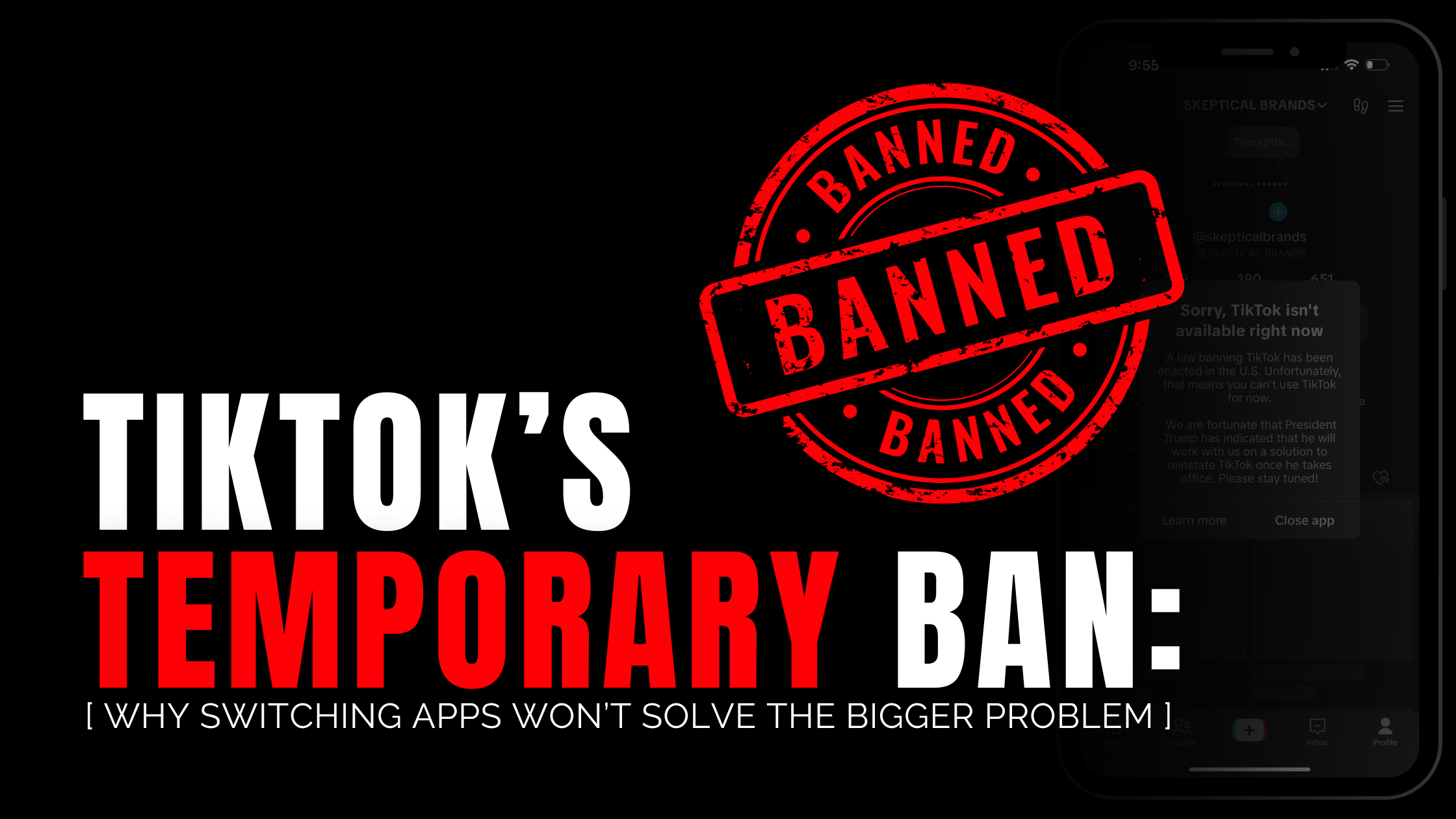
TikTok’s Temporary Ban: Why Switching Apps Won’t Solve the Bigger Problem
In recent months, TikTok has become a flashpoint in the global conversation about data privacy and national security. Following its temporary ban, many users are scrambling to find alternative plat...
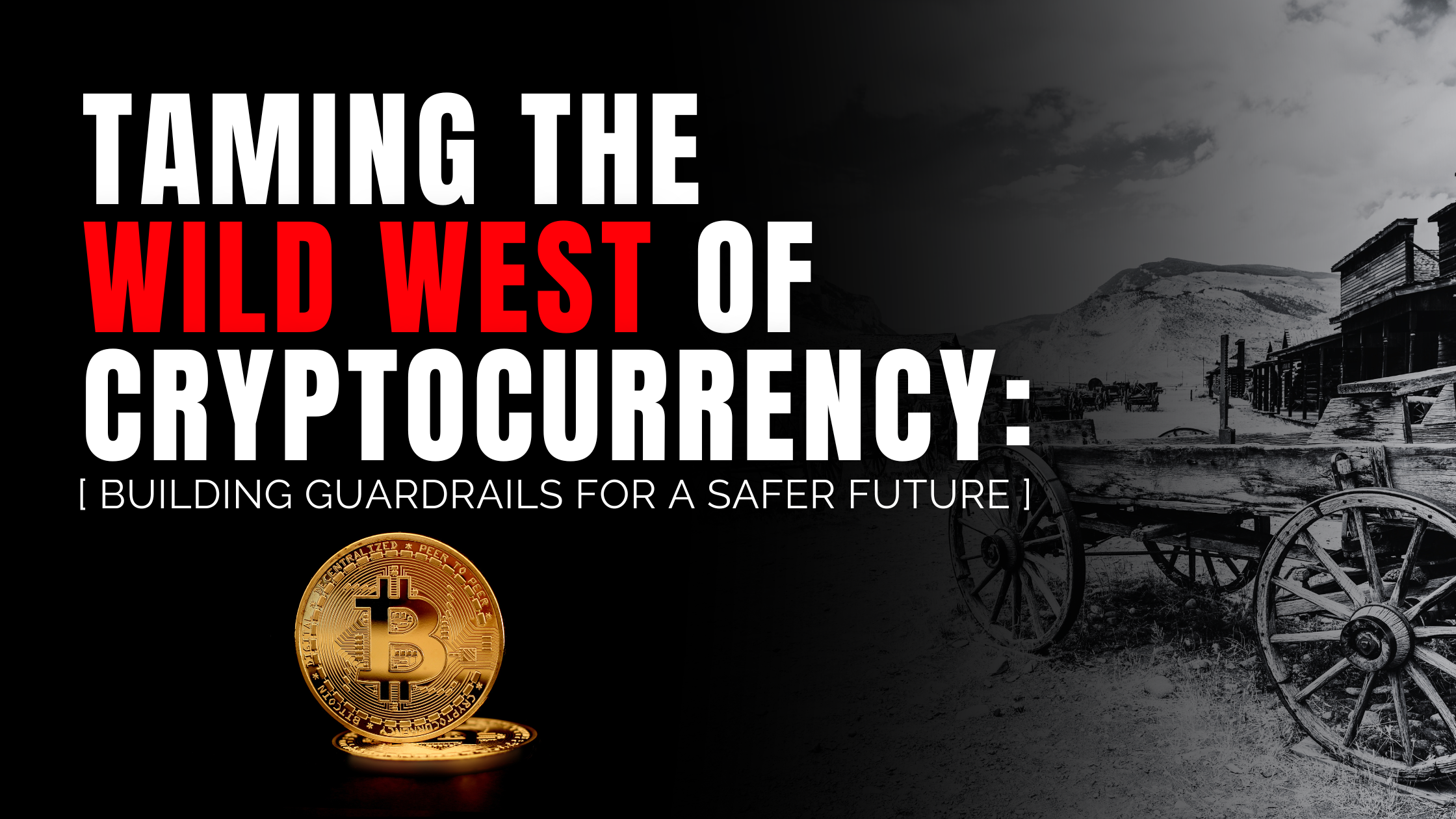
Taming the Wild West of Cryptocurrency: Building Guardrails for a Safer Future
The cryptocurrency market offers incredible opportunities, but without proper safeguards, it often feels like the Wild West. With its decentralized structure and novel technology, cryptocu...
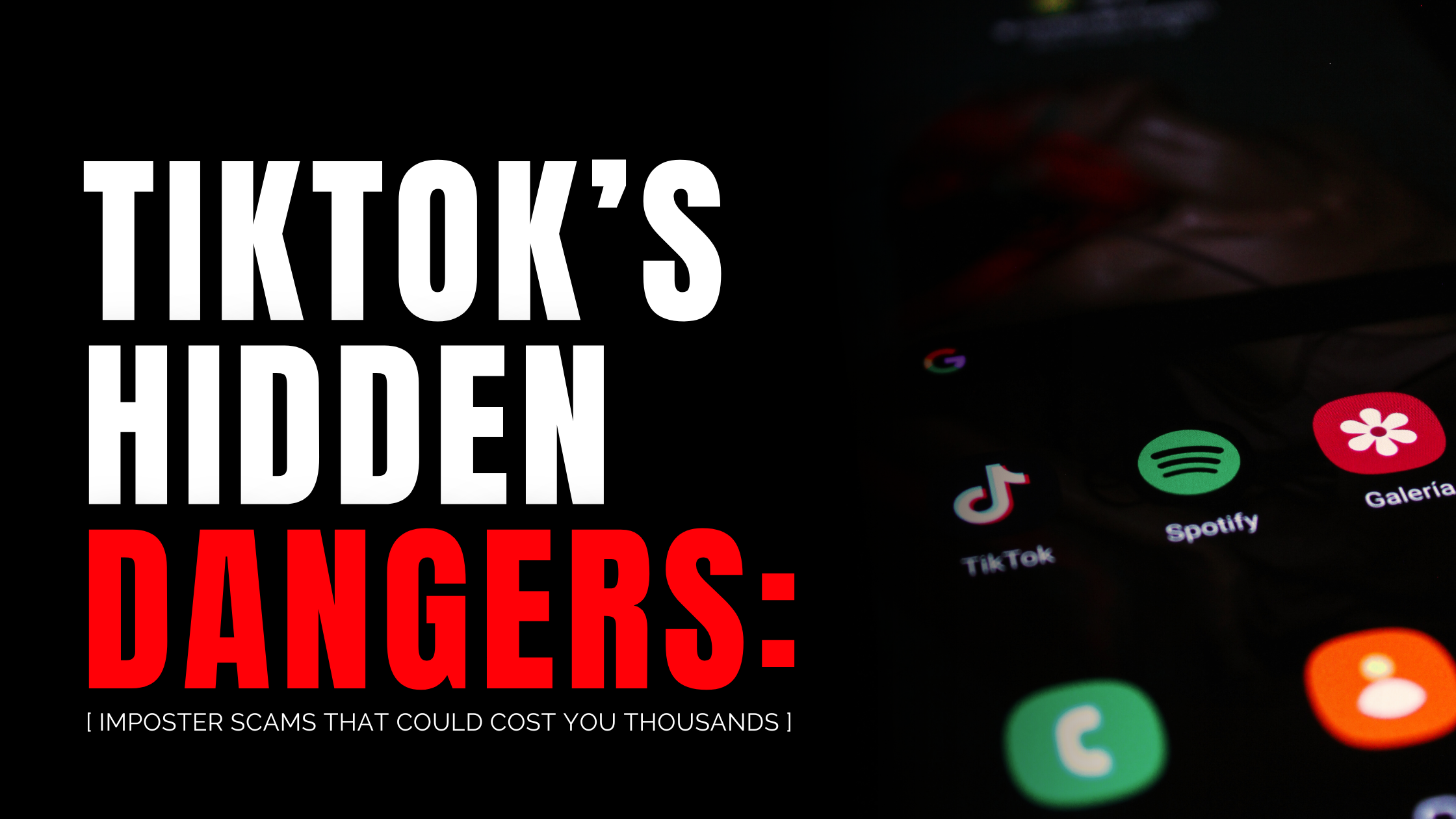
TikTok’s Hidden Dangers: Imposter Scams That Could Cost You Thousands
TikTok is one of the most popular social platforms in the world, with over 1 billion users logging in monthly. But beneath the viral dance trends and influencer challenges lies a growing and dange...

Deepfake Scams: Manipulating Trust Through Technology
Deepfake technology has transformed the digital landscape, introducing both groundbreaking possibilities and unprecedented risks. Initially celebrated for its potential in entertainment and innovat...

Investment Scams in Crypto: The Hidden Threat to the Market
Cryptocurrency has been hailed as the future of finance, offering decentralized solutions, peer-to-peer transactions, and opportunities for innovation. Decentralized finance (DeFi) platforms, smar...

The Domino Effect of Investment Scams on Cryptocurrency Markets
Investment scams don’t just affect the individual victims—they create a domino effect that impacts the entire cryptocurrency market, destabilizing trust, discouraging investment, and hindering inn...
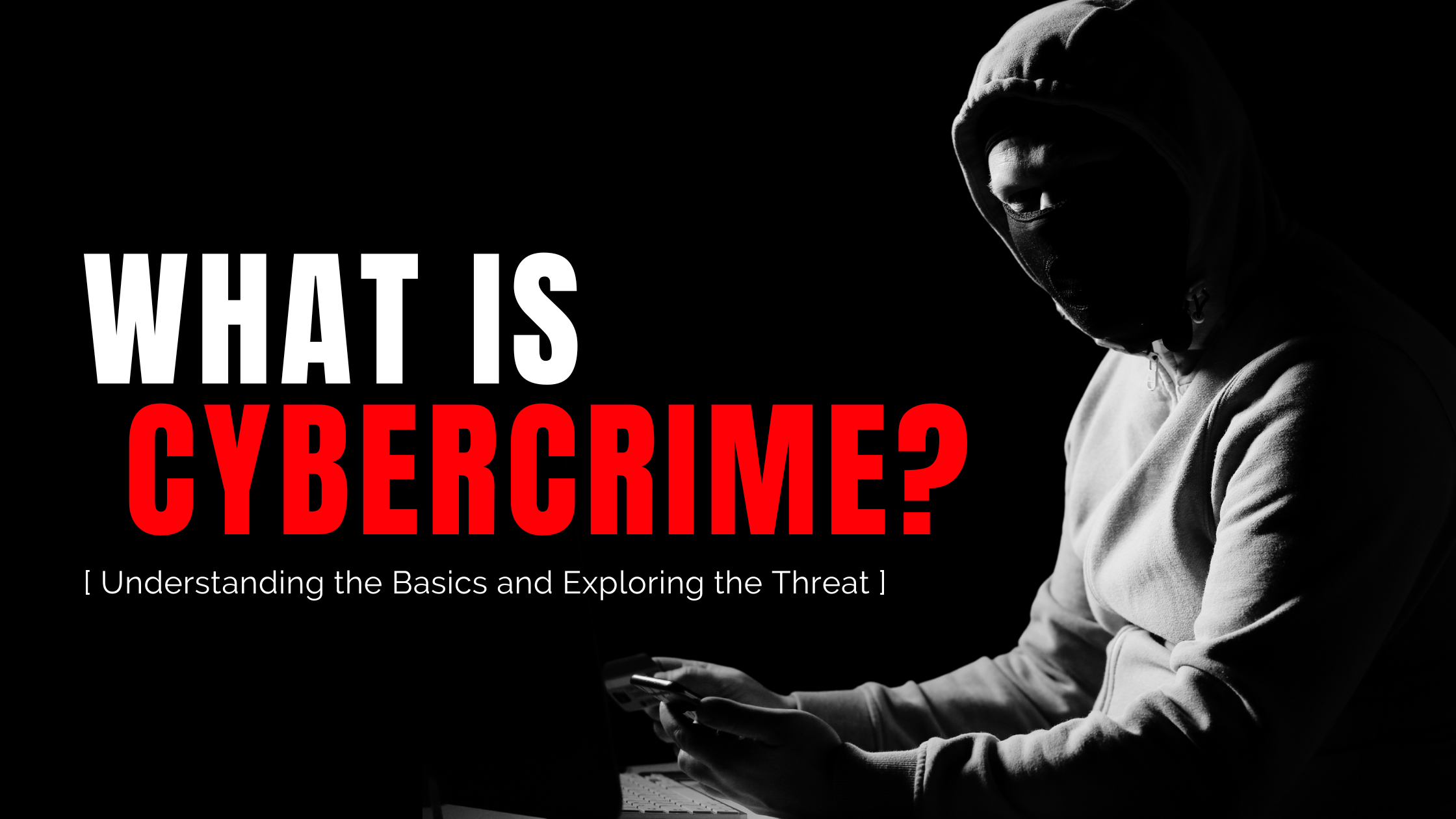
What is Cybercrime? Understanding the Basics and Exploring the Threat of Multilayered Attacks
Cybercrime has become an increasingly pervasive threat, impacting individuals, businesses, and even governments around the globe. In today's digital world, nearly everything we do—whether it's...
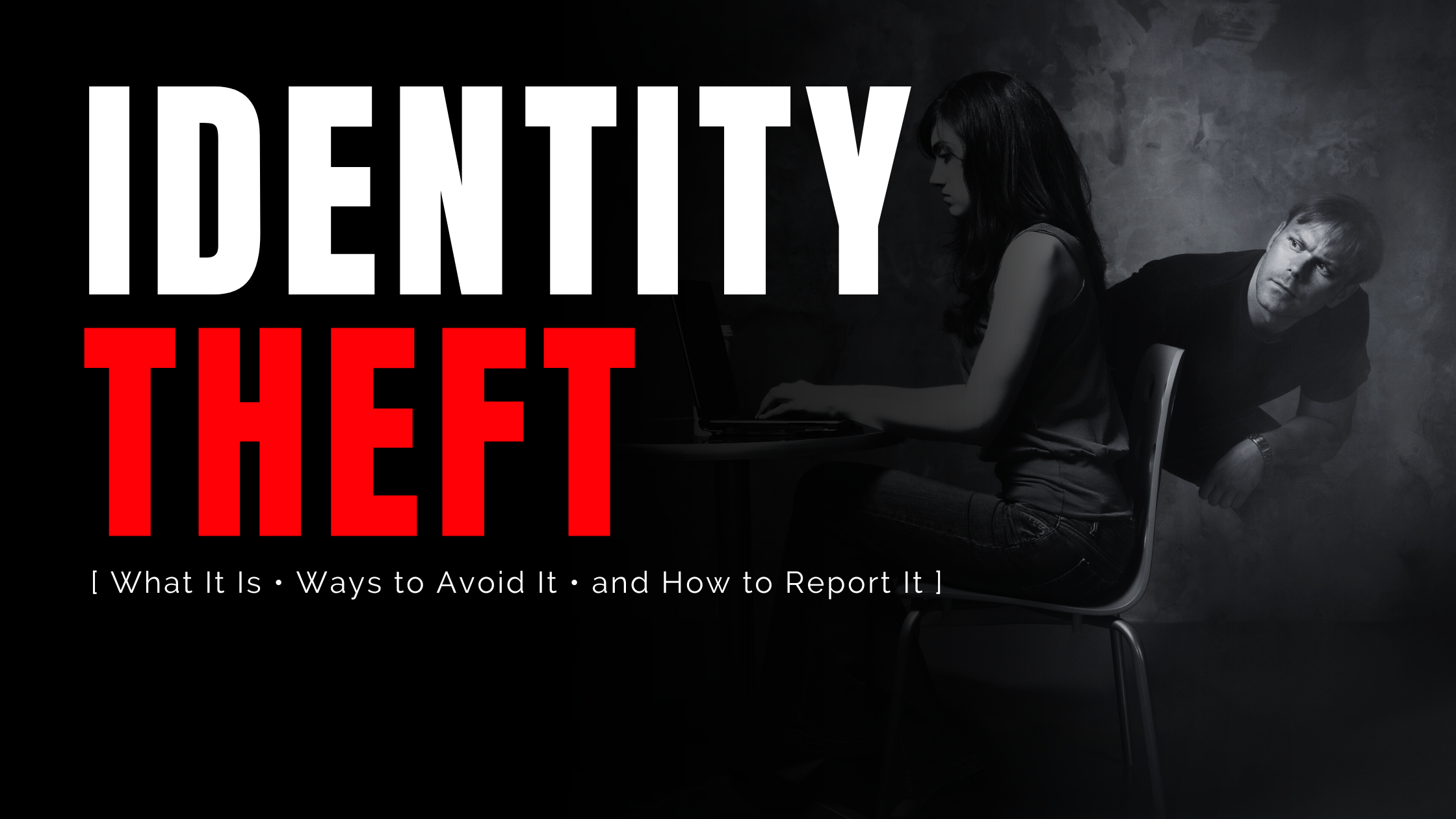
Identity Theft: What It Is, Ways to Avoid It, and How to Report It
Identity theft is a crime that involves someone unlawfully using your personal information—such as your name, social security number, or credit card details—without your permission, often for fin...
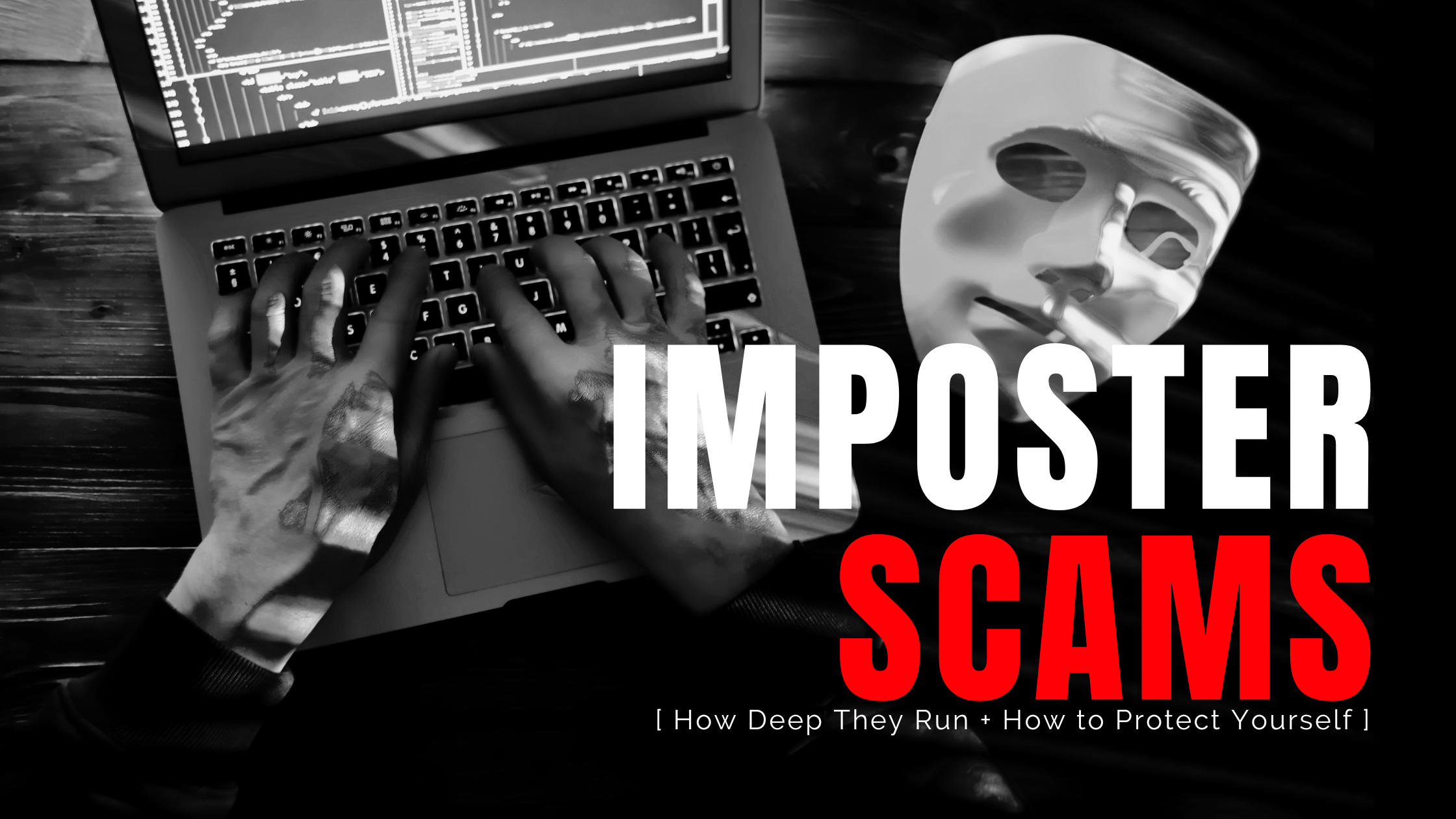
Imposter Scams: How Deep They Can Go and How to Protect Yourself
What Are Imposter Scams? Imposter scams involve fraudsters posing as trusted individuals or entities—like businesses, government agencies, or even social media influencers—to trick victims into ...
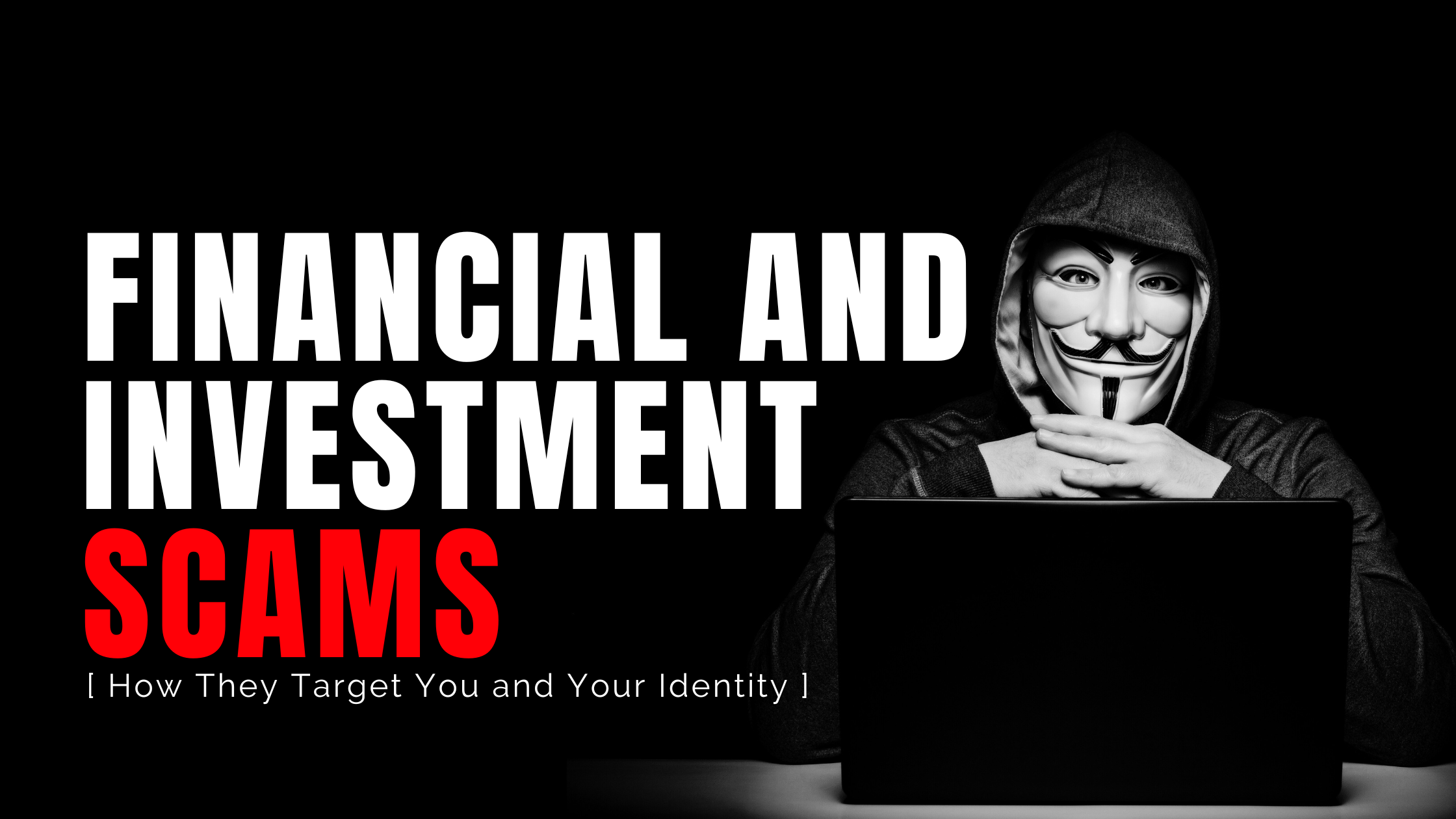
The Hidden Layers of Financial and Investment Scams: How They Target You and Your Identity
In today’s digital world, financial and investment scams are growing not just in number, but in complexity. What starts as a seemingly legitimate opportunity can spiral into a multi-tiered crimi...

Skeptical Brands' Hoodies: A Symbol of Cyber Awareness and Resilience
In today’s hyper-connected world, the digital landscape has become a space filled with opportunities—and, unfortunately, threats. As we increasingly rely on technology for communication, banking, ...
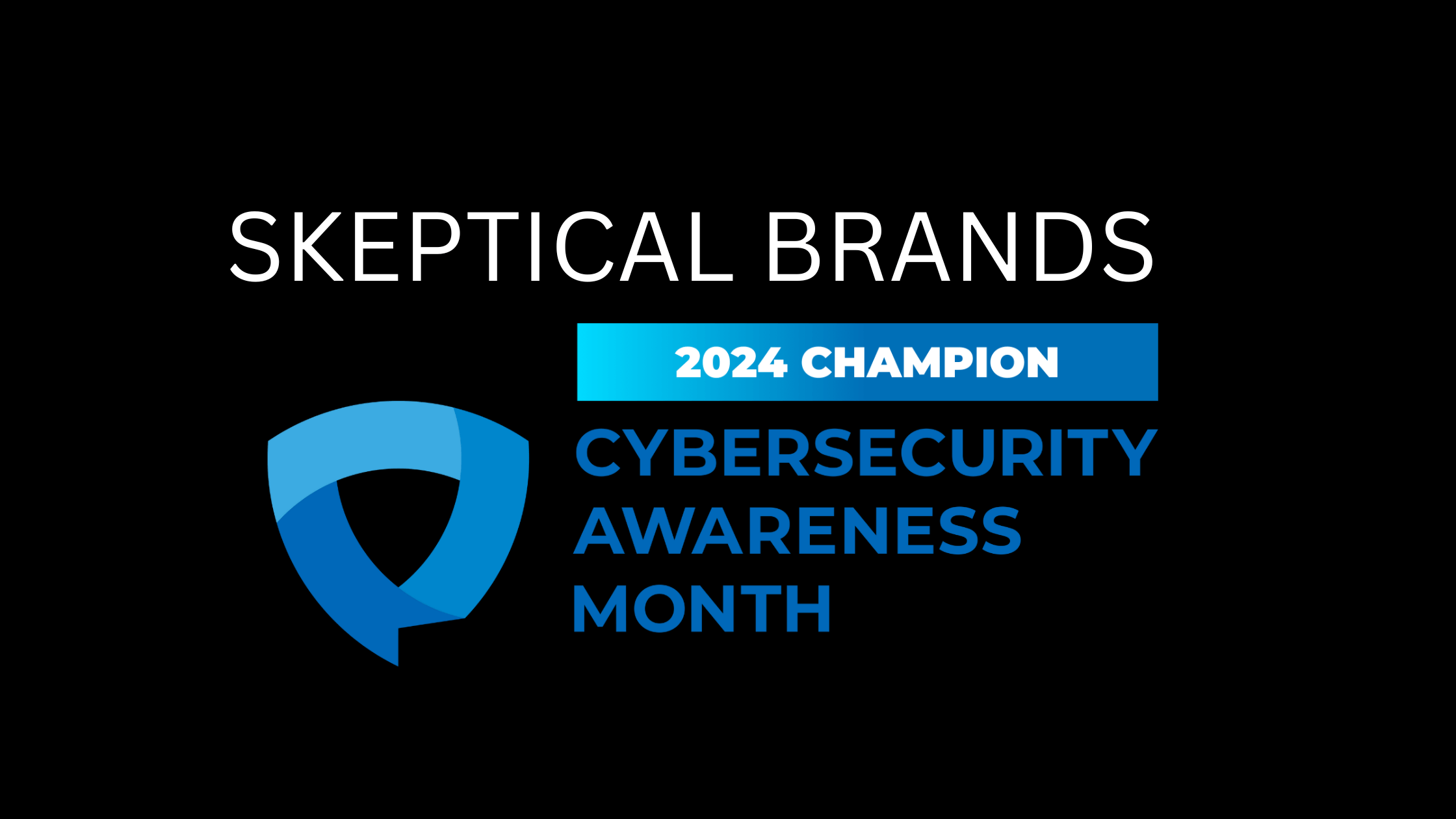
Cybersecurity Awareness Month: Secure Our World
Introduction to Cybersecurity Awareness Month 2024; Secure Our World October is Cybersecurity Awareness Month, an important time to focus on the increasing threats of cybercrime and the steps we ...
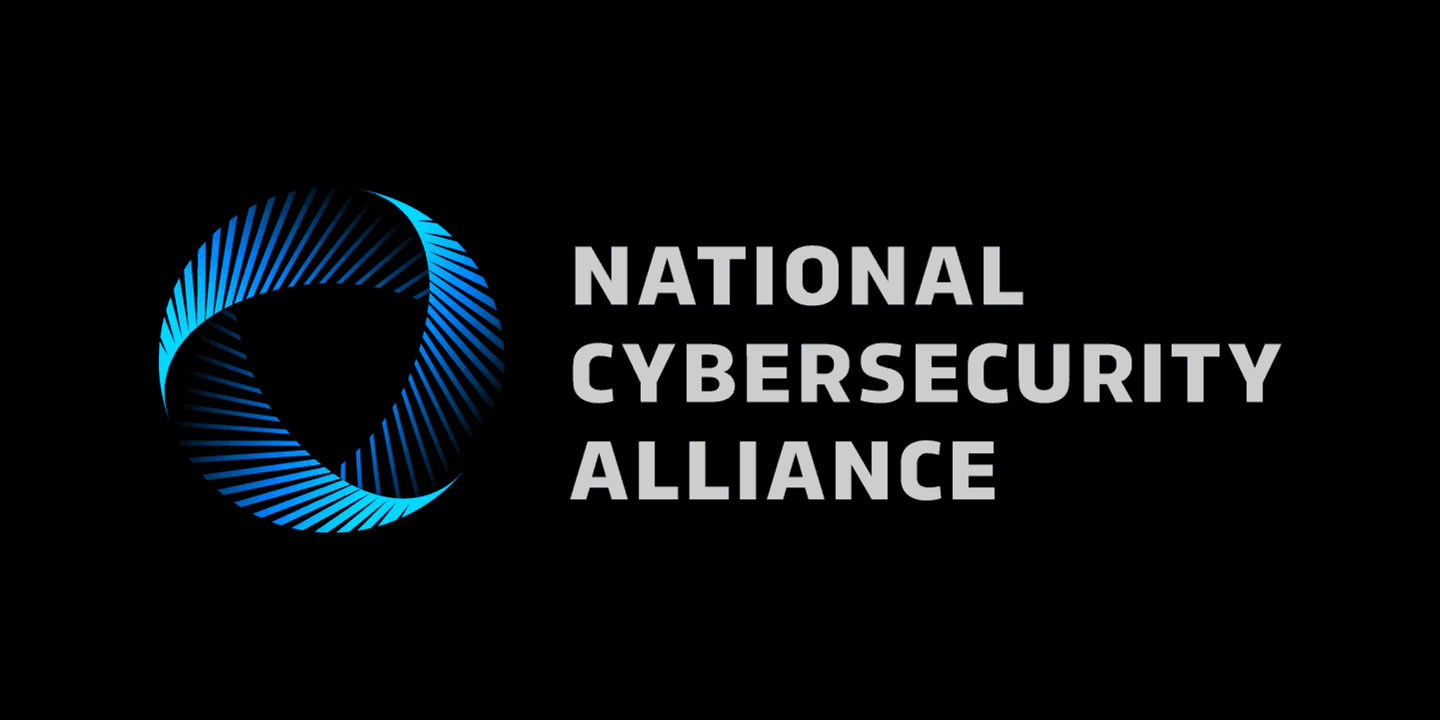
National Cybersecurity Alliance: Building a Safer Digital World
Empowering a Safer Digital Landscape In today’s digital-first world, securing our online presence has never been more critical. The National Cybersecurity Alliance (NCA) is a leading nonprofit orga...


